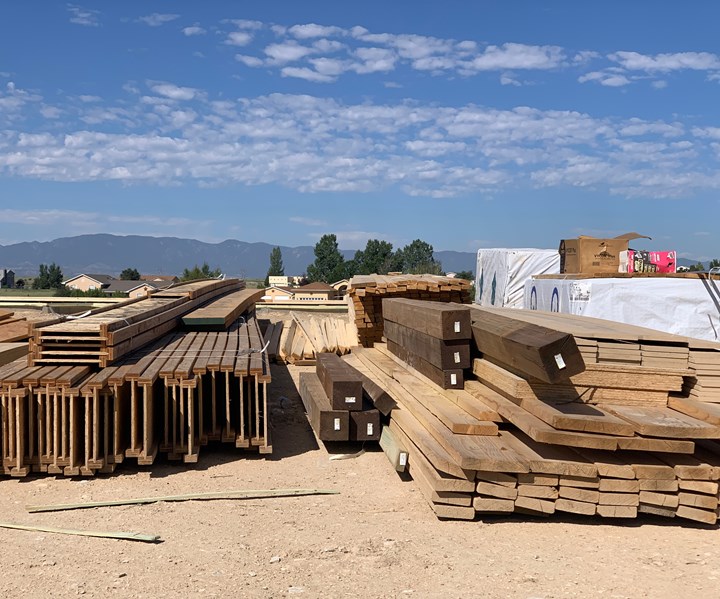Composites: Solid and Resistant Construction Materials
Composites: Solid and Resistant Construction Materials
Blog Article
Exploring the Uses and Advantages of Recycled Composites in Modern Industries
The amalgamation of recycled products with innovative composite technologies provides an encouraging method for enhancing sustainability, strength, and cost-efficiency across different industries. As markets seek cutting-edge remedies to address ecological issues and enhance operational performances, the incorporation of recycled composites arises as an engaging alternative.
Ecological Advantages of Recycled Compounds
The application of recycled compounds in modern-day sectors offers significant environmental benefits, adding to the decrease of waste and the preservation of all-natural sources. By including recycled compounds into producing processes, markets can decrease their reliance on virgin products, thereby reducing the amount of waste generated and the energy required for extraction and manufacturing. This shift in the direction of using recycled composites helps in diverting products from land fills, easing the concern on waste administration systems, and lowering greenhouse gas discharges connected with standard production methods.
Additionally, making use of recycled composites advertises the conservation of natural sources such as lumber, minerals, and water, which are commonly depleted via the removal and processing of raw products (composites). By prolonging the lifespan of products through recycling, industries can aid preserve communities and biodiversity by decreasing the need for new resources. Overall, the fostering of recycled compounds in modern sectors plays an important function in promoting sustainability and reducing the environmental impact of manufacturing processes
Enhanced Toughness in Item Manufacturing
With a focus on long life and effectiveness, incorporating recycled composites right into product manufacturing processes improves longevity and sustainability. By making use of recycled compounds, suppliers can create products that are not only strong but also immune to tear and wear, making them perfect for lasting use in various markets. The combination of different products in recycled compounds can frequently result in enhanced stamina and resilience contrasted to typical products, offering a cost-effective option for producing long-lasting goods.
One of the crucial advantages of utilizing recycled composites in item manufacturing is the ability to tailor the product residential properties to meet particular longevity requirements. By adjusting the structure and manufacturing strategies, suppliers can customize the recycled composites to stand up to extreme environmental conditions, hefty tons, or constant use without compromising on efficiency. This versatility in layout and manufacturing permits the creation of very long lasting products that keep their integrity in time, decreasing the need for frequent replacements and eventually adding to an extra sustainable manufacturing procedure.
Cost-Effectiveness and Financial Advantages
Incorporating recycled compounds right into product production not only improves resilience and sustainability yet likewise provides substantial cost-effectiveness and economic advantages. Making use of recycled compounds can lead to lowered material expenses as recycled materials are commonly much less expensive than virgin products. Furthermore, recycling composite materials can decrease garbage disposal expenditures and lower the need for landfill area, adding to total price financial savings for sectors.

Technology and Design Adaptability With Recycled Compounds
Using recycled compounds in modern-day industries offers unparalleled possibilities for innovation and design versatility. By including recycled products right into composite production procedures, firms can press the limits of typical design restrictions and check out brand-new possibilities. The flexibility of recycled compounds enables for the development of complex forms and structures that may not be achievable with standard products.
One of the crucial advantages of recycled compounds is their ability to be formed into various types, offering designers the freedom to explore distinct sizes and shapes. composites. This flexibility opens a world of innovative opportunities, enabling the advancement of lightweight yet resilient items that meet the certain requirements of different industries
Moreover, making use of recycled composites advertises lasting why not try this out methods and supports the circular economy by minimizing waste and minimizing the ecological effect of manufacturing processes. This concentrate on environment-friendly design services lines up with the growing pattern towards sustainability in modern sectors, making recycled compounds a beneficial source for forward-thinking and cutting-edge business.
Applications Throughout Different Industries
Recycled compounds find diverse and impactful applications across a wide variety of markets because of their unique homes and sustainability benefits. In the automotive field, these products are significantly utilized for manufacturing resilient and lightweight elements, boosting gas effectiveness and lowering carbon exhausts. The aerospace sector gain from recycled compounds in the manufacturing of aircraft parts, where the materials' strength-to-weight proportion is essential for guaranteeing security and performance. In building and construction, these compounds are used for producing strong yet environment-friendly building materials, adding to lasting facilities advancement. The renewable resource industry uses recycled compounds in wind generator blades and solar panels, utilizing their stamina and resistance to harsh ecological conditions. Furthermore, the marine market utilizes these products for making boat hulls and components, supplying enhanced longevity and deterioration resistance. The adaptability and sustainability of recycled composites make them beneficial across various sectors, driving technology and ecological stewardship. composites.
Final Thought
In conclusion, the usage of recycled composites in modern industries supplies substantial ecological advantages, boosted sturdiness in item production, cost-effectiveness, and economic advantages. The use of recycled composites allows for technology and layout adaptability throughout various markets. In general, the fostering of recycled composites presents a functional and lasting internet remedy for meeting the needs of the industry while also decreasing ecological influence.

One of the essential advantages of making use of recycled compounds in product production is the capacity to tailor the material residential or commercial properties to meet details longevity needs. Making use of recycled composites can lead to reduced product prices as recycled materials are typically less costly than their website virgin materials. The aerospace sector advantages from recycled compounds in the production of airplane components, where the products' strength-to-weight proportion is important for ensuring security and efficiency.
Report this page